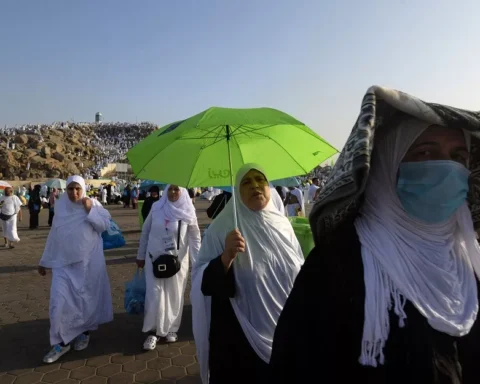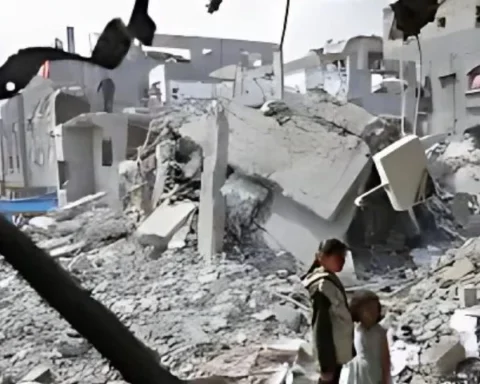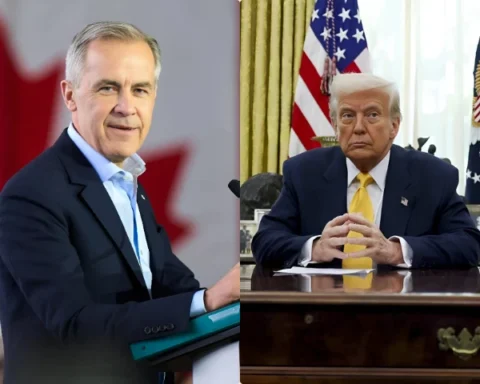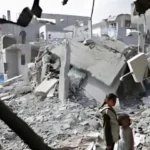Report: US Aid Cuts Threaten to Worsen Hunger Crisis in Afghanistan
Key Points:
- Severe Funding Shortfalls:
- The World Food Programme (WFP) warns that fresh US cuts to food assistance could exacerbate Afghanistan’s hunger crisis, leaving millions at risk.
- The agency can currently support only half of those in need, and even then, with reduced rations.
- Alarming Humanitarian Situation:
- A third of Afghanistan’s 45 million people require food aid, with 3.1 million on the brink of famine (UN).
- WFP’s acting country director, Mutinta Chimuka, stated that even with expected donor contributions, only 8 million people will receive assistance this year—far below demand.
- Deepening Crisis Due to Funding Cuts:
- The WFP has already been forced to halve rations to stretch resources, providing just 1,050 kilocalories per person—half the recommended daily intake.
- The US, previously the largest donor ($280 million to WFP in Afghanistan last fiscal year), has slashed emergency food aid for Afghanistan and 13 other countries.
- While Washington reversed cuts for six nations, Afghanistan—under Taliban rule—was excluded.
- Broader Impact on Aid Operations:
- Other UN agencies and NGOs face funding squeezes, forcing some to shut down operations.
- The UN Population Fund lost US support for a key Afghanistan program, affecting sexual and reproductive health services.
- Agricultural aid—critical for 80% of Afghans—is also at risk, worsening food insecurity.
- Regional and Long-Term Consequences:
- The UN Assistance Mission in Afghanistan (UNAMA) warns that 22.9 million people need aid in 2024.
- Without sustained funding, poverty, migration, and regional instability could intensify.
Conclusion:
The sharp reduction in US and international aid threatens to deepen Afghanistan’s humanitarian catastrophe, leaving millions without life-saving support. The WFP and other agencies urgently need renewed donor commitments to prevent famine and stabilize the country. Without immediate action, Afghanistan risks falling into a “vicious cycle” of suffering, with far-reaching consequences for its people and the region.
Call to Action:
- International donors must step up funding to meet urgent needs while supporting long-term resilience.
- Coordinated efforts among governments, UN agencies, and NGOs are essential to avoid further collapse.






